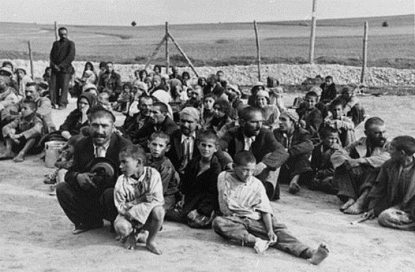Simon said he had asked city and county leaders for assistance to allow the state of Hungary to open the cultural institute as soon as possible. The institute could be a co-organiser of Cluj?s Hungarian Days and could help to ensure that the city becomes a 2020 European Capital of Culture.
Simon noted that he was of the generation when the Hungarian literature of Transylvania was taught as a separate subject at the Eötvös Loránd University in Budapest. The decision to phase out the subject was appropriate as there is just one Hungarian nation and Hungarian literature, he said, adding that the cultural policy of the Hungarian government is being established on this basis.
Cluj Deputy Mayor Gheorghe Surubaru, speaking on behalf of Cluj County Council Chairman Horia Uioreanu and Mayor Emil Boc, said the combined efforts of Cluj?s Romanians and Hungarians could indeed win the 2020 European Capital of Culture title for the city.
Hunor Kelemen, who heads the Democratic Alliance of Hungarians in Romania (DAHR), said Cluj?s Hungarian Days could expand to become an annual aggregation for all of Hungarian culture in Transylvania. He added that the city was suitable to host an annual cultural gathering of ethnic Hungarians who live outside of Hungary?s borders.
Árpád Antal, mayor of Sfantu Gheorghe, drew a big round of applause when he told the audience at the gala opening that Cluj was the capital for Szeklers and Transylvanians.
The Cluj Philharmonic and the Cluj Hungarian Opera, under the baton of Zsolt Jankó, performed works by Liszt, Bartók, Kodály, Mozart and Verdi at the gala
Source: Hungarian News Agency (MTI) / Photo: Bence Kovács


